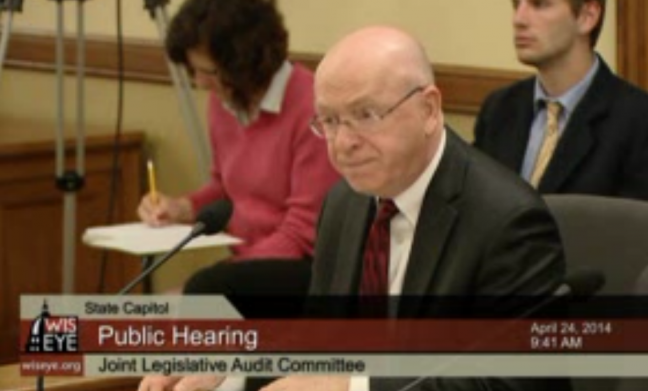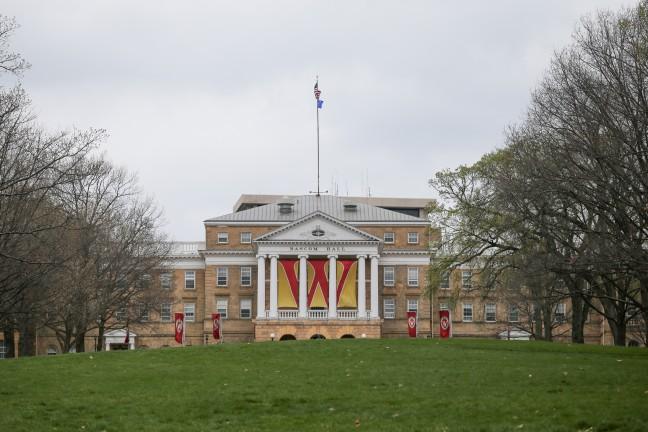The Legislature’s Joint Audit Committee unanimously approved the University of Wisconsin System’s proposed financial reporting policy Thursday, opening it up to final legislative approval in the Joint Finance Committee.
The proposed plan would require that campuses end the fiscal year with surplus funds of at least 10 percent of total expenditures. However, surpluses of more than 15 percent would require approval from the UW System Board of Regents.
Additionally, the plan will prevent campuses from raising tuition in order to meet the 10 percent minimum.
“I’m not a member of the Finance Committee, but I hope they take this document and concur with it,” committee co-chair Sen. Robert Cowles, R-Green Bay, said. “I don’t think there’s any need to modify it.”
The change comes after the Legislature froze tuition at the UW System and reversed a proposed funding increase in the last budget following revelations that the UW System amassed hundreds of millions of dollars in reserves while raising tuition.
Committee members praised UW System President Ray Cross’s work and transparency in developing the surplus reporting plan in collaboration with the Legislature to make sure UW System funds are spent to meet the needs of students, taxpayers and businesses of the state.
Cross said communication between the UW System and legislators in helping to define a consistent auditing process is essential for progress on improving the system.
“I think the campuses need to know we will be auditing this,” Cross said. “We will be checking this on a regular basis, much as an auditor would.”
Rep. Melissa Sargent, D-Madison, said while it is important to monitor the university’s finances and reporting process, it is also important to ensure affordability and quality education for students.
Sargent added that the UW System should operate to meet the economic needs of businesses by providing graduates with skills that will be useful in the state economy.
“I think it’s really important that we realize what the mission of the university system is,” Sargent said. “Are we balancing [these other factors] with the mission of the university to improve the human condition in our state?”



















